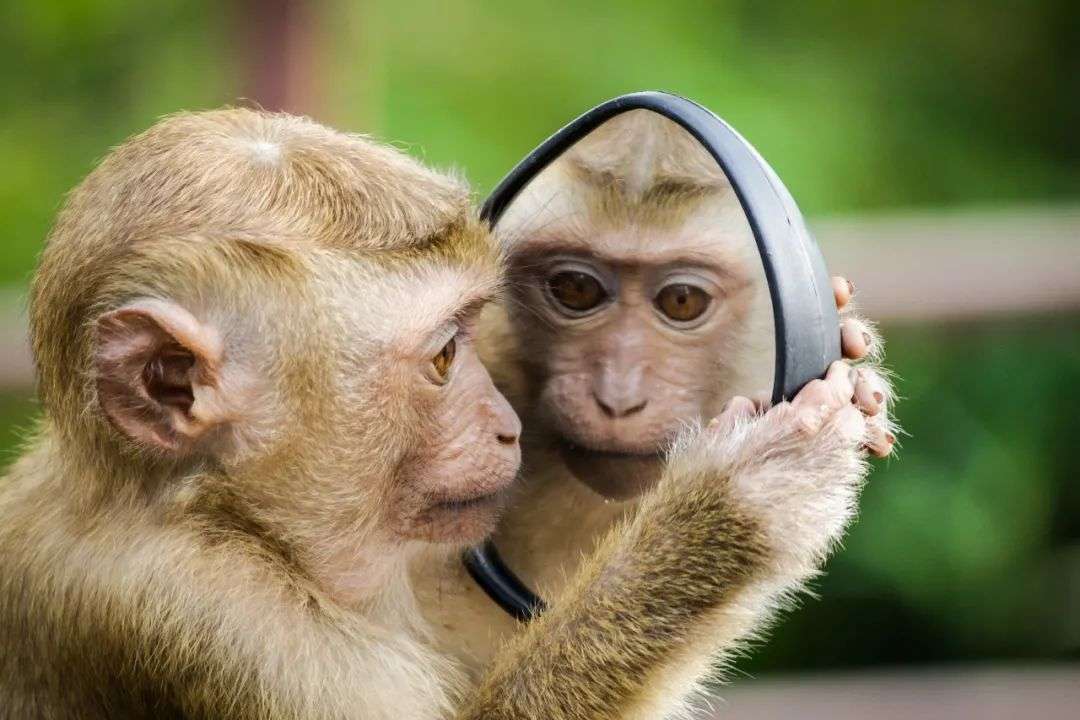Our understanding of the world is hidden in the mental accounts.
Editor’s note: This article is from the micro-channel public number “Bo Van Time” (ID: bofanstime), Author: Peter Van time.
1. Use “donation mental accounts” to digest sunk costs
Rolf Doberg, Ph.D. of Economic Philosophy, mentioned 52 thinking tools that change life’s cognition in the best-selling book “Thinking Strategies”-he used these thinking tools to re-establish his own “life operations” System” and become a beneficiary. The first tool to change cognition is to set up mental accounts, and then convert real losses into potential gains.
The author listed two small things he personally experienced:
1. There is a speedometer hidden on the highway. The author should have realized its existence because it has been hidden there for many years. But this time, the author didn’t realize that he was speeding until the camera flash from the speedometer flashed past his eyes. Speeding tickets were inevitable. According to the usual way of thinking, he will definitely be upset, because the ticket could have been avoided; but now, the author will gladly accept it.
2. The author parked the car on the side of the road in Zurich because of an urgent task. Soon after, he saw the police issued a parking ticket on the office building. If in the past, the author would be furious because of the ticket, he rushed downstairs and humbly made various explanations to the police-although he knew that the punishment result could not be changed; but now, the author is just standing upstairs. Watching from a distance, the policeman clamped the ticket under the wiper of the car, and then smiled…
The same fact, why can the author face it with a different attitude? The reason is that he set up a “donor mental account” for himself, and deposits 10,000 Swiss francs in this donation account every year. Traffic tickets can be deducted from this “donor account” as expenses for supporting social welfare. Of course, the scope of advances for the “donation account” is not limited to this, the author also assumes such a scenario:
I was in a poor and backward country, and when I was on my way, I suddenly found my wallet missing. After retrieving the wallet, I found that everything was still there except the cash. The author believes that he would never regard such an “episode” as a robbery or a theft, but as a gratifying “donation opportunity”-the money may be able to help more people in poverty-stricken areas, and the funds are also from Deducted from the “Donation Account”.
Doberg believes that the way people treat a sum of money is determined by the source of the money. For example, if you find a hundred yuan bill on the street, you tend to spend it faster and more casually than the 100 yuan earned by working. Therefore, this seemingly redundant “donor account” that Doberg opened in his heart can swallow many unexpected things.The restlessness and anxiety caused by the incident, digested a lot of sunk costs, and gained inner peace. On the other hand, this also reflects the “cost consciousness” of life-the seemingly peaceful days and the carefree daily life actually have many hidden costs that we do not realize.
Second, “mirror” and “lamp” are two ways to interpret the world
An important idea that the author wants to tell us with the help of the “donation account”: Although the reality cannot be changed, the meaning behind the event and the interpretation of certain accidents are within our control-if the interpretation is not appropriate, it will be Objective uncontrollable factors are transformed into actual harm; if we can give a scientific, appropriate, or even constructive explanation, losses will be transformed into gains.
Some people may say that “mental account” is just a kind of self-comforting “self-deception”-if you stand from the perspective of facts, this interpretation seems to be correct. Then why do we need to establish an explanation system for facts? What does it mean to us? Behind this lies our cognition of the world and the ability to deal with our relationship with the world.
There are probably two ways for humans to understand the world:
A fact-oriented way of thinking is called mirror thinking;
An effect-oriented way of thinking is called lamp thinking.
Mirror is a basic metaphor in Chinese and Western philosophy. We all know that “using copper as a mirror, you can straighten your clothes”-a mirror is a tool for “seeking truth”, it can reflect the truest appearance of the real world without increasing, so mirror thinking can help us see Clear the truth and essence of the world.
Lamp-style thinking is like turning on a flashlight in a dark room. Although it can’t truly reflect the whole picture of the house, it can help you illuminate the way forward and take you out of the predicament. A result-oriented way of thinking.
British philosopherHume once said that the great goal of all human endeavors is to obtain happiness. If cognition is a survival tool, then the purpose of mastering this tool is to have the ability to be happy and to create a sense of happiness. When facts are beyond our control and accidents inevitably occur, whether we use mirror thinking to seek truth or lamp thinking to establish an explanation system directly determines our ability to feel happiness.
There is no right or wrong between mirror thinking and lamp thinking. They are both ways of thinking about the world. If happiness is established as the only goal, we obviously need to use lamp-style thinking to establish an explanation system; if the explanation is wrong and hurts ourselves, it may only be understood as insufficient motivation to obtain happiness. This reminds us of Zheng Banqiao’s “rarely confused”, which is precisely a way of thinking that uses a lamp-like thinking to obtain a sense of satisfaction, and behind it is an effective energy management method-never trivial things that are meaningless. I rack my brains and consume energy. Of course, the kind of blindly pleasing oneself and blinding oneself without principle when encountering difficulties is not a scientific explanation system-it does not solve the problem, but only avoids the problem. This is not the goal of getting closer to happiness. , But away from the road to happiness.
As a long-term beneficiary of “mental accounts”, author Dobery has mastered this thinking tool with ease to help him cope with various emergencies in life. The more skilled you are to use this tool, the more you will feel that every time you deliberately step into a misunderstanding zone, you will have endless fun, turning the accident that is always on the side of life into a surprise that is always present-he truly changes the reality Unexpectedly turned into controllable happiness…

